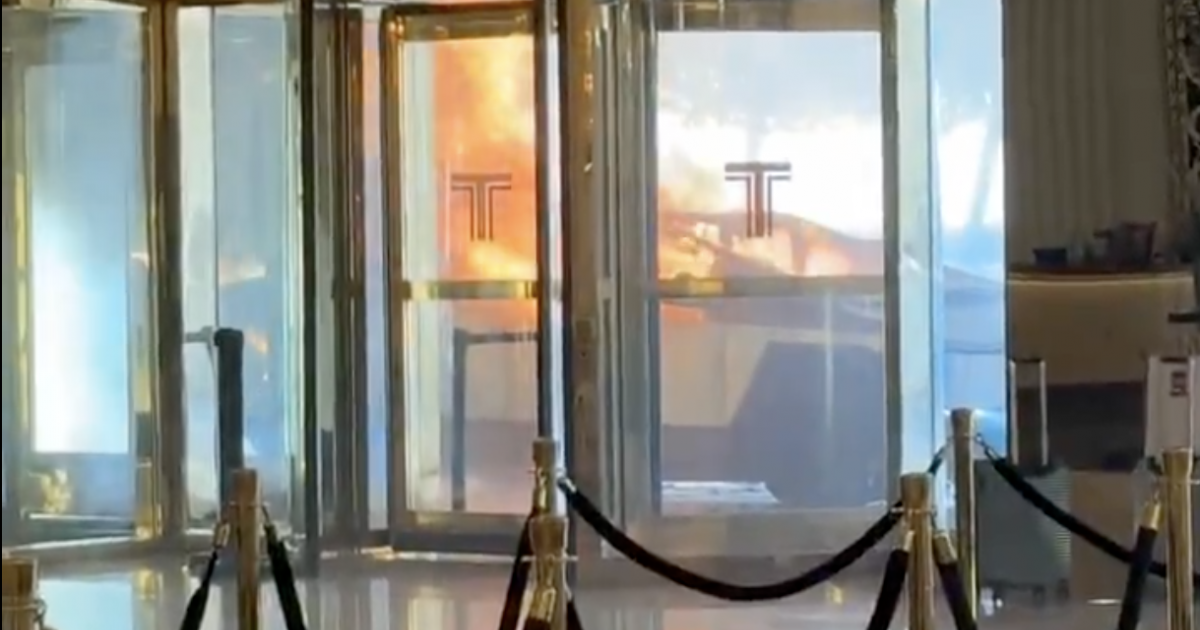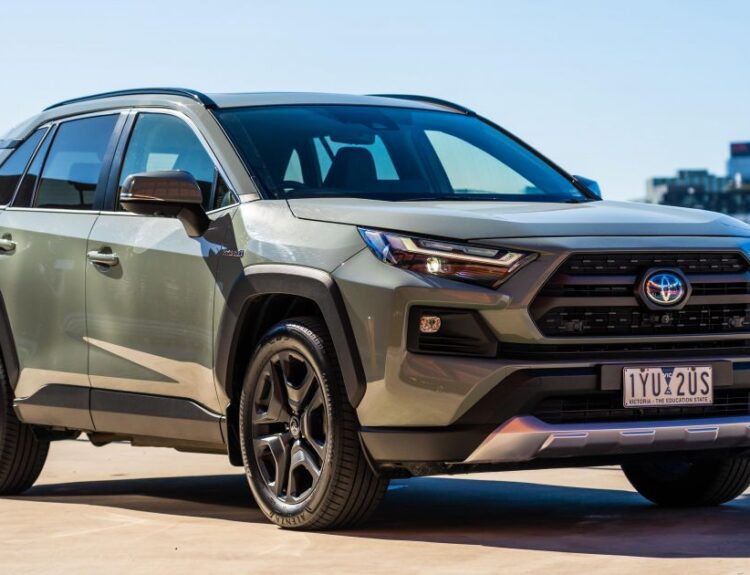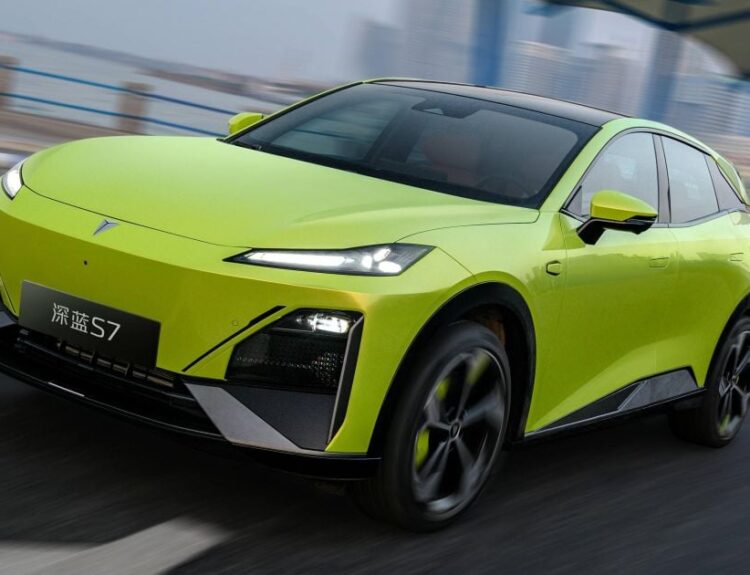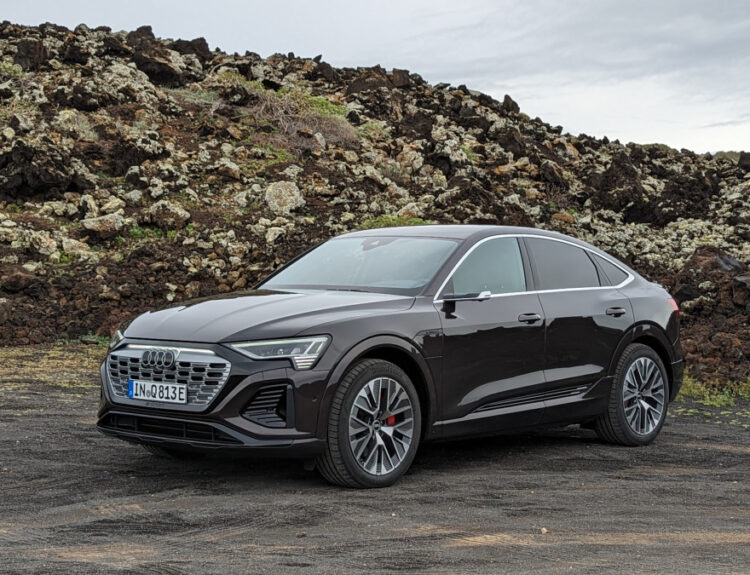Tesla Cybertruck Explodes Outside Trump International Hotel in Las Vegas, Resulting in Casualties
In a tragic incident early on January 1, a Tesla Cybertruck erupted in flames outside the Trump International Hotel in Las Vegas, leading to the death of at least one individual and injuring several bystanders.
According to the Las Vegas Metropolitan Police Department (LVMPD), the first reports of a fire were logged just before 8:40 AM. Authorities later confirmed that the blaze escalated to an explosion involving the electric vehicle.
Footage shared on social media by a user identified as ‘@kaaaassuu’ depicts the Cybertruck’s cabin engulfed in flames, with the user remarking that the scene initially resembled fireworks.
Elon Musk, Tesla’s CEO, took to the platform X (formerly known as Twitter), where he acknowledged that the company was investigating claims suggesting the fire and subsequent explosion were triggered by fireworks erroneously stored in the Cybertruck.
Later, Musk updated the situation, stating, "We now confirm that the explosion resulted from very large fireworks and/or a bomb placed in the bed of the rented Cybertruck and is not linked to the vehicle’s integrity. All vehicle telemetry data was normal at the time of the explosion."
Sheriff Kevin McMahill addressed the media, affirming that LVMPD is pursuing various leads to ascertain the identity of the occupant while reassuring the public, "There does not appear to be any further threat to the Las Vegas community at this time."
This incident occurred less than two months after Donald Trump was reelected as President of the United States, with plans for his inauguration set for January 20. Notably, Musk had shown his support for Trump during the campaign, and he has been appointed co-head of the forthcoming Department of Government Efficiency.
While electric vehicles (EVs) have faced scrutiny over fire safety concerns, data from Australian firm EV FireSafe reveals that there have been 511 documented cases of thermal runaway incidents in EVs and plug-in hybrids globally from 2010 until June 2024. Such statistics add complexity to the ongoing discourse surrounding the safety of these vehicles.
Source:www.carexpert.com.au






